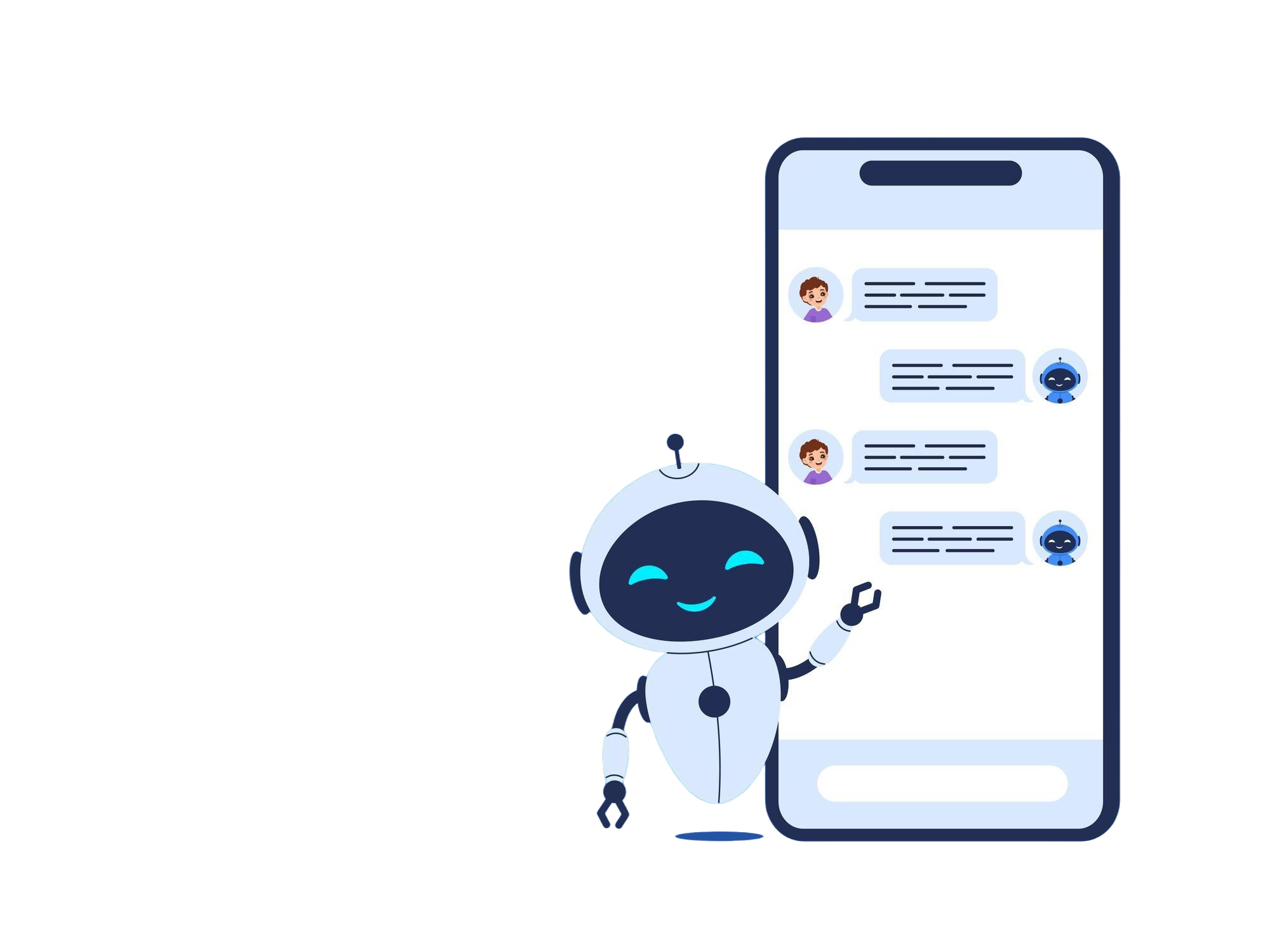
Introduction: When AI Learns to Think and Act
Over the last decade, automation has been the golden key to scaling business operations. From robotic process automation (RPA) to machine learning models, enterprises have relied on AI to process information faster, reduce costs, and improve accuracy. But here’s the thing—most of these systems have one big limitation: they wait for humans to tell them what to do.
Agentic AI changes that equation. Instead of just following programmed rules or reacting to pre-defined triggers, Agentic AI agents act with autonomy. They can analyze a situation, decide on the best course of action, and execute—without waiting for a human in the loop.
This isn’t just the next step in AI; it’s the next leap in intelligent automation.
What Exactly Is Agentic AI?
Agentic AI is designed to perceive, reason, decide, and act—continuously learning and adapting along the way. Think of it as moving from “voice-controlled assistant” to “trusted colleague.” It’s not about replacing humans, but about handling the heavy-lifting of decisions and tasks that don’t require creative judgment.
Key traits of Agentic AI:
Autonomy: Operates independently to complete tasks.
Proactivity: Anticipates needs before they’re explicitly stated.
Adaptability: Learns from changing circumstances without manual reprogramming.
Collaboration: Works alongside humans, enhancing productivity.
Why This Matters for Modern Enterprises
In today’s business environment, speed and precision aren’t optional—they’re survival requirements. With markets evolving in real time, enterprises can’t afford decision bottlenecks.
Agentic AI development services empower businesses to:
Automate complex workflows: From multi-step supply chain tasks to real-time customer service escalations.
Enhance decision-making: Data-driven recommendations executed instantly.
Free up human capital: Allowing teams to focus on innovation and strategy.
Real-World Enterprise Use Cases
1. Supply Chain Optimization
A global logistics company deploys Agentic AI to monitor shipments, detect potential delays, and reroute deliveries instantly—without waiting for human approval. This reduces downtime, saves fuel costs, and ensures on-time delivery.
Impact: Fewer disruptions, faster response times, and improved customer satisfaction.
2. Financial Risk Management
In the finance sector, Agentic AI agents constantly monitor transactions for suspicious patterns. When a risk is detected, the system freezes accounts, initiates compliance checks, and updates its own fraud detection models—all in minutes.
Impact: Lower fraud losses and higher client trust.
3. Customer Service Enhancement
An e-commerce platform uses Agentic AI to handle escalated customer cases. If a delivery issue is detected, the AI offers a refund or reshipment automatically, while notifying the customer in real time.
Impact: Reduced resolution time and higher customer loyalty.
Agentic AI vs. Traditional Automation
| Aspect | Traditional Automation | Agentic AI |
|---|---|---|
| Decision-Making | Follows rules | Makes autonomous decisions |
| Adaptability | Needs reprogramming | Learns and adapts |
| Scope | Narrow, task-specific | Broad, multi-task |
| Proactivity | Reactive | Anticipates needs |
Getting Started with Agentic AI Development
Adopting Agentic AI isn’t just a plug-and-play process—it requires strategic planning. Working with an experienced Agentic AI development company ensures:
Custom-built agents tailored to your workflows.
Integration with existing systems without disruption.
Compliance and security measures for sensitive operations.
The Road Ahead
Agentic AI is more than a buzzword—it’s a paradigm shift in how enterprises approach automation. By giving machines the ability to act intelligently and independently, businesses can scale faster, operate leaner, and compete more effectively.
Those who embrace this next leap now will set the benchmark for intelligent enterprise automation in the years to come.


